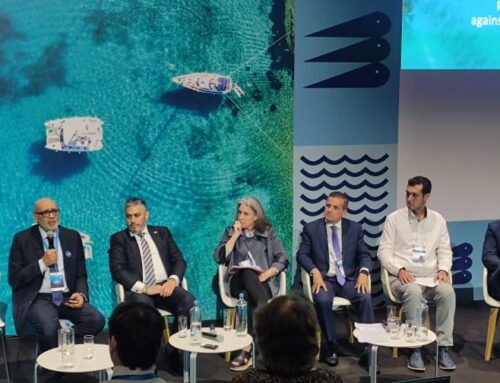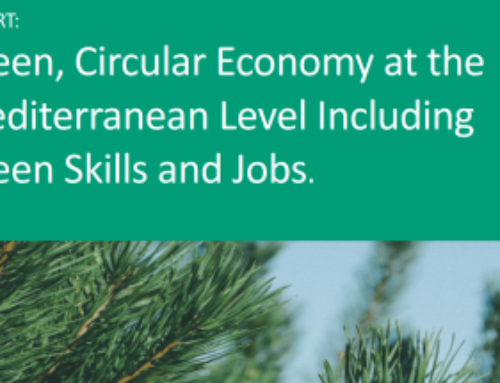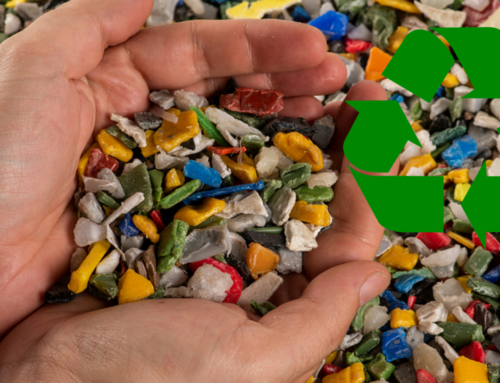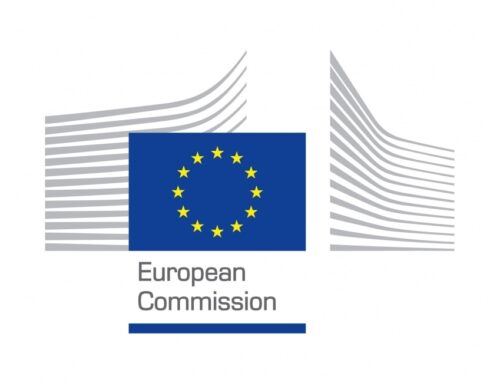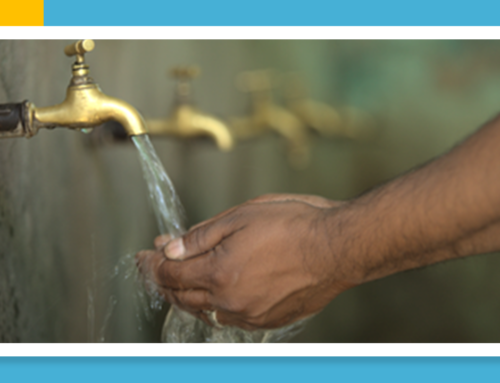Jordan ranks as one of the water-poorest countries worldwide, with renewable water resources available per person significantly below the global baseline for absolute water scarcity. While water service coverage reaches 94% of the population (2014), it is estimated that nearly half of this water is non-revenue water (NRW). Within this context, and in support of Jordan’s ongoing efforts to reduce NRW, the EU-funded WES project is launching a national activity on the “Elaboration of non-revenue water policy for Jordan“. The activity will be implemented with a view to contribute to meeting the Jordanian population’s needs in water, through the protection and more sustainable management of this scarce resource.
NRW is one of the key issues affecting the supply of water to consumers; it refers to water sent into the distribution network but unaccounted for, due to leaks in the system because of technical deficiencies, inappropriate metering, or unauthorised connections. Several initiatives have been undertaken by Jordan to reduce NRW, but additional support is needed to meet the targets set by the National Water Strategy of Jordan 2016-2025, i.e. an annual reduction of NRW by 3-6%, with a targeted reduction to 25% nationally by 2025 and reduction of technical losses below 15%. Following the request of Jordan’s competent authorities, the WES project has designed an activity that will assist the Jordanian Ministry of Water and Irrigation in the elaboration of a NRW policy, building on a thorough assessment of the current status and lessons learnt from pilot projects and other actions implemented in Jordan and beyond. The activity will also set clearly defined rules for the development and implementation of NRW reduction measures, through close cooperation and dialogue with Jordanian authorities and all other relevant stakeholders.
At the kick-off meeting for the presentation of the activity held on 15 February 2022, Ms. Suzan TAHA, Key Water Expert stated that “non-revenue water is one of the lowest hanging fruits to improve the efficiency of water utilities around the world. In most countries of the Mediterranean region, we still see that NRW accounts for 25 to 50% of the total water supply. The benefits of reducing NRW include helping utilities to meet environmental and health objectives through reduced water loss, thereby lowering stress on the environment, and reducing risks of drinking water contamination. Benefits extend beyond that; from economic viability of water services, to energy savings and decrease of greenhouse gas emissions if power production involves carbon-based fuels. Deploying efficient management of NRW allows water utilities to deliver a better service to consumers, enhance their financial performance and be more sustainable in the long term”.
The implementation of the activity for the “Elaboration of non-revenue water policy for Jordan” is expected to pave the way to a significant reduction of water losses, a more resilient and efficient supply of water, and increased availability of water for Jordanians; it also reaffirms the commitment of the WES project to improve the management of scarce water resources in the region and to solve problems linked to the rational use of water.


